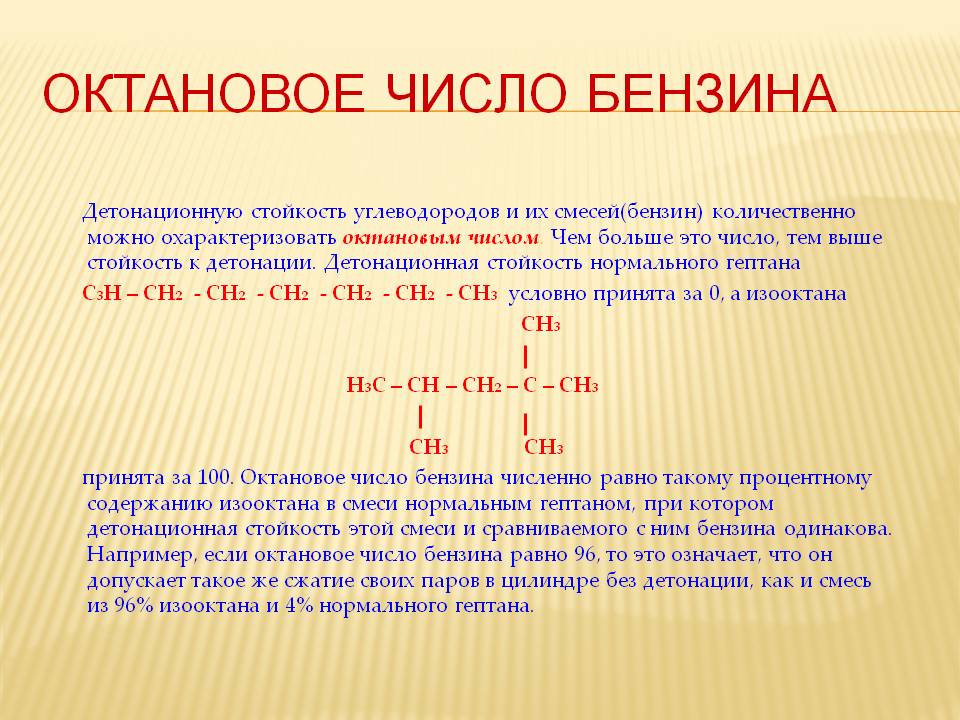
The level of octane in gasoline that can void your vehicle warranty
85 octane fuel should not be used in modern vehicles with electronic fuel injection and timing. But if you're driving an old carbureted car at about 9,000 feet, you can run 85 octane without a problem.
Some US states offer 85 octane gasoline, which can be selected between two other higher grades. However, level 85 is only sold in high altitude areas because the air is less dense, which in turn is less likely to cause engine knock.
The sale of 85 octane gasoline was originally allowed in the highlands, where the barometric pressure is lower, because it was cheaper and because most carbureted engines tolerated it, let's say, well. Today, this does not apply to gasoline engines. So, if you don't have an old car with a carbureted engine, you should use the gasoline recommended by your car manufacturer, even if 85 octane gasoline is available.
Why can't you use 85 octane gasoline in your car?
If you look in the owner's manual for most new cars, you'll see that manufacturers don't recommend using 85 octane fuel.
The use of 85 octane gasoline dates back to the old days, mostly over 30 years ago, when engines used carburetors for manual fuel injection and timing, which depended heavily on intake manifold pressure. Because ambient air pressure is low at high altitudes, these older engines responded well to 85 octane fuel and were cheaper to purchase.
Nowadays, modern cars don't run with a carburetor, they now have electronic fuel timing and injection, which allows them to compensate for lower atmospheric pressure.
How can you void your car warranty?
Newer engines have electronic fuel injection and timing, allowing them to compensate for lower atmospheric pressure. This means that at high altitudes the engine will still lose power, but its electronic control compensates for this.
All this said, using 85 octane fuel can cause engine damage in new cars over time, which is why car manufacturers don't recommend it and will void your car's warranty in case of any damage.